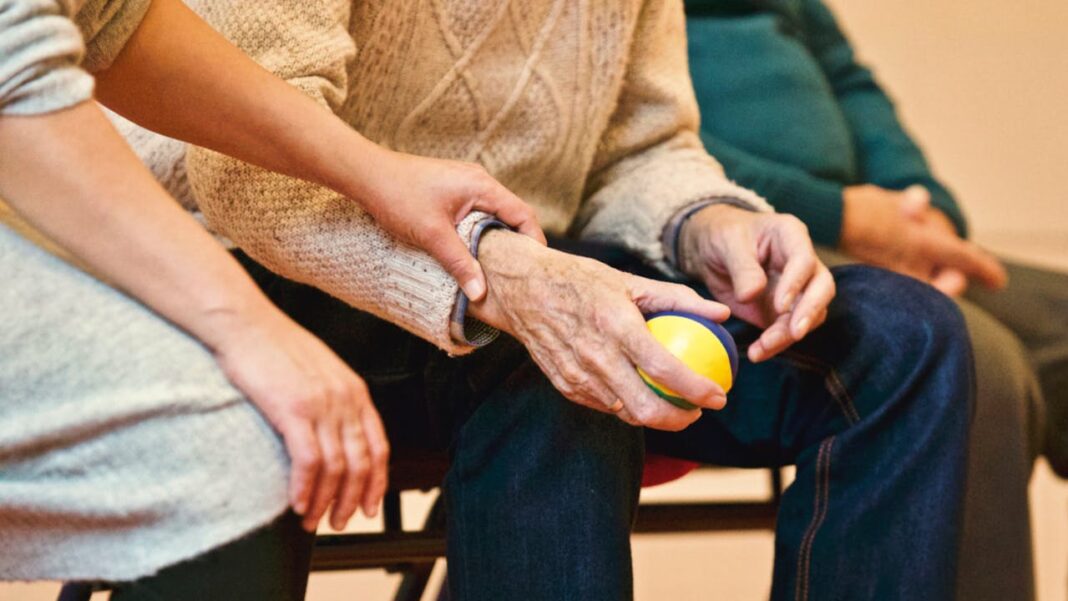Caring for aging or disabled family members is a challenge many families face, and home care services have become an important resource to provide support. Despite the growing popularity of home care, numerous misconceptions persist that can cloud judgment and create hesitation about using these services. Understanding the realities behind these myths is crucial to making informed decisions that benefit the family member in need and their loved ones. In this blog post, we will explore six common misconceptions about home care services and shed light on the truth.
Home Care Is Only for the Very Elderly or Severely Ill
A widespread belief is that home care is only suitable for those who are very old or critically ill. While it’s true that many elderly individuals benefit greatly from home care, the services extend far beyond that demographic. Home care is designed to assist people with a wide range of needs, including those recovering from surgery, managing chronic illnesses, or living with disabilities, regardless of age. Even younger adults with mobility challenges or mental health issues can find home care services invaluable for maintaining independence. Recognizing this broad applicability can help families seek help early, preventing complications and improving quality of life.
Home Care Services Are Too Expensive
Many people assume that home care services come with a hefty price tag, making them unaffordable for most families. While costs can vary depending on the level of care needed, it’s important to recognize that home care can often be more cost-effective than alternative options like assisted living or nursing facilities. Some providers are registered for NDIS help, which can significantly ease financial burdens for those eligible. Flexible care plans mean families pay only for the services required, avoiding unnecessary expenses. Understanding these factors helps dispel the myth that home care is always prohibitively expensive and opens the door to practical solutions.
Hiring a Home Care Worker Means Losing Family Involvement
Some family members worry that bringing in professional caregivers will reduce their role in caring for their loved one. This misconception can cause resistance to home care, but the truth is quite the opposite. Professional home caregivers are there to complement family efforts, not replace them. They handle tasks that family members might find physically or emotionally challenging, such as personal hygiene or medication management, freeing up relatives to spend quality time together without feeling overwhelmed. This partnership allows families to maintain meaningful involvement while ensuring their loved ones receive the expert care they deserve.
Home Care Is Only About Medical Assistance
Many people assume home care focuses solely on medical needs like wound care or medication administration. While these are certainly important components, home care services encompass much more than medical support. They include help with daily living activities such as cooking, cleaning, transportation, and companionship. Social interaction and emotional support are equally critical, particularly for those who might feel isolated or lonely. This holistic approach aims to improve physical health and emotional well-being, helping family members live fuller, happier lives at home.
All Home Care Providers Are the Same
Another common myth is that all home care services offer the same quality and range of care. The reality is that providers can vary widely in training, experience, and professionalism. Choosing the right home care agency requires research and consideration of factors such as caregiver qualifications, licensing, and client reviews. A reputable agency will tailor care plans to individual needs and provide ongoing supervision to ensure high standards. By understanding these differences, families can avoid disappointment and ensure their loved ones receive compassionate, competent care.
Using Home Care Means Losing Privacy and Independence
Families sometimes worry that having caregivers in the home will invade privacy or reduce the independence of their loved ones. This fear can prevent people from accepting help even when it’s needed. The primary goal of home care is to support independence, not diminish it. Caregivers work alongside clients to encourage self-sufficiency, assisting only when necessary. They respect personal boundaries and adapt to the preferences of those they serve. Many clients find that home care enhances their freedom by allowing them to stay in familiar surroundings and continue engaging in activities they enjoy.
Misconceptions about home care services often create unnecessary barriers for families seeking support for their loved ones. Understanding that home care is versatile, affordable, collaborative, comprehensive, variable in quality, and respectful of independence can empower families to make choices that improve life for everyone involved. When approached with accurate information, home care becomes a valuable resource that balances professional assistance with the warmth and comfort of home, fostering dignity and well-being for those who need it most.






